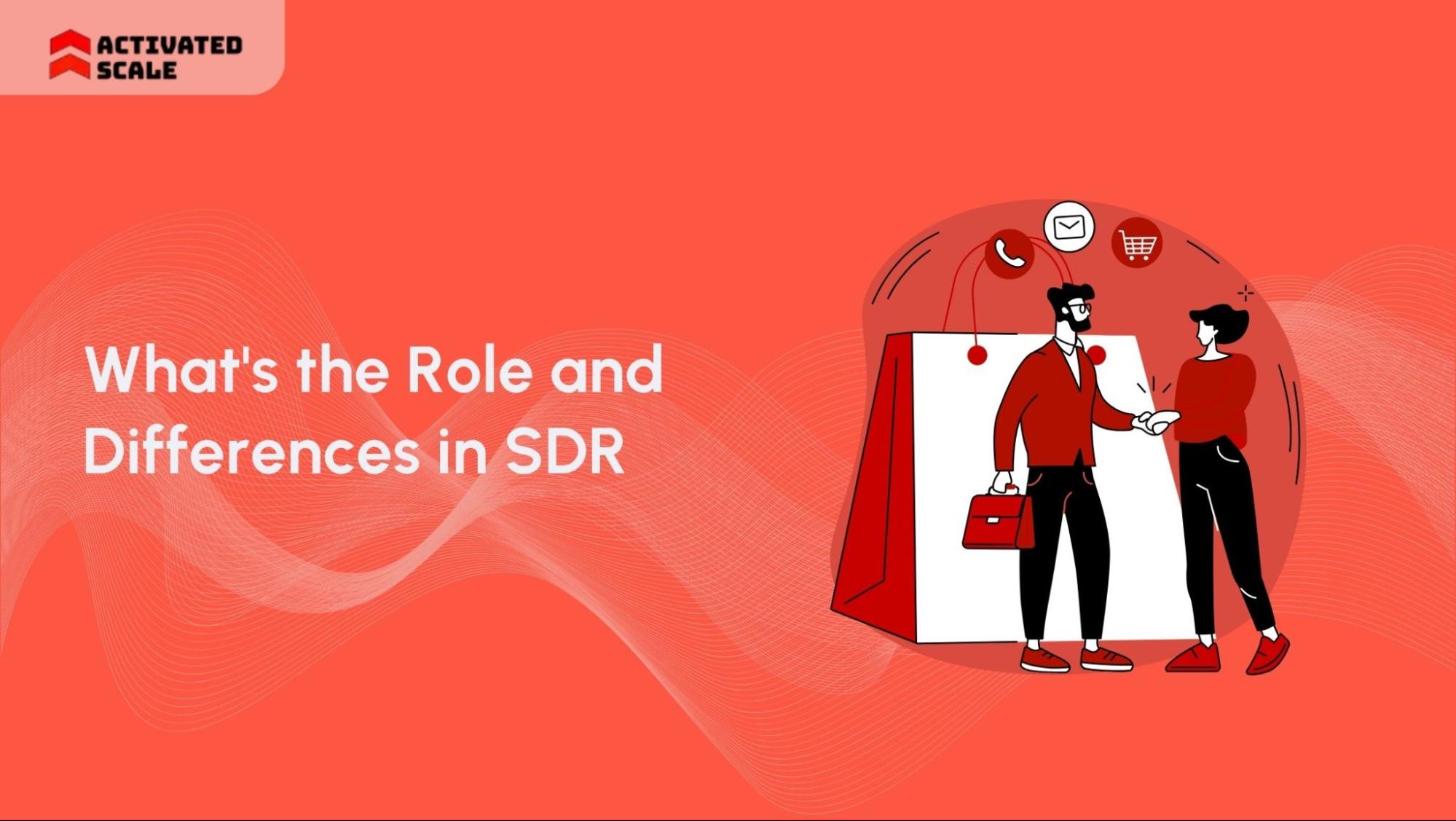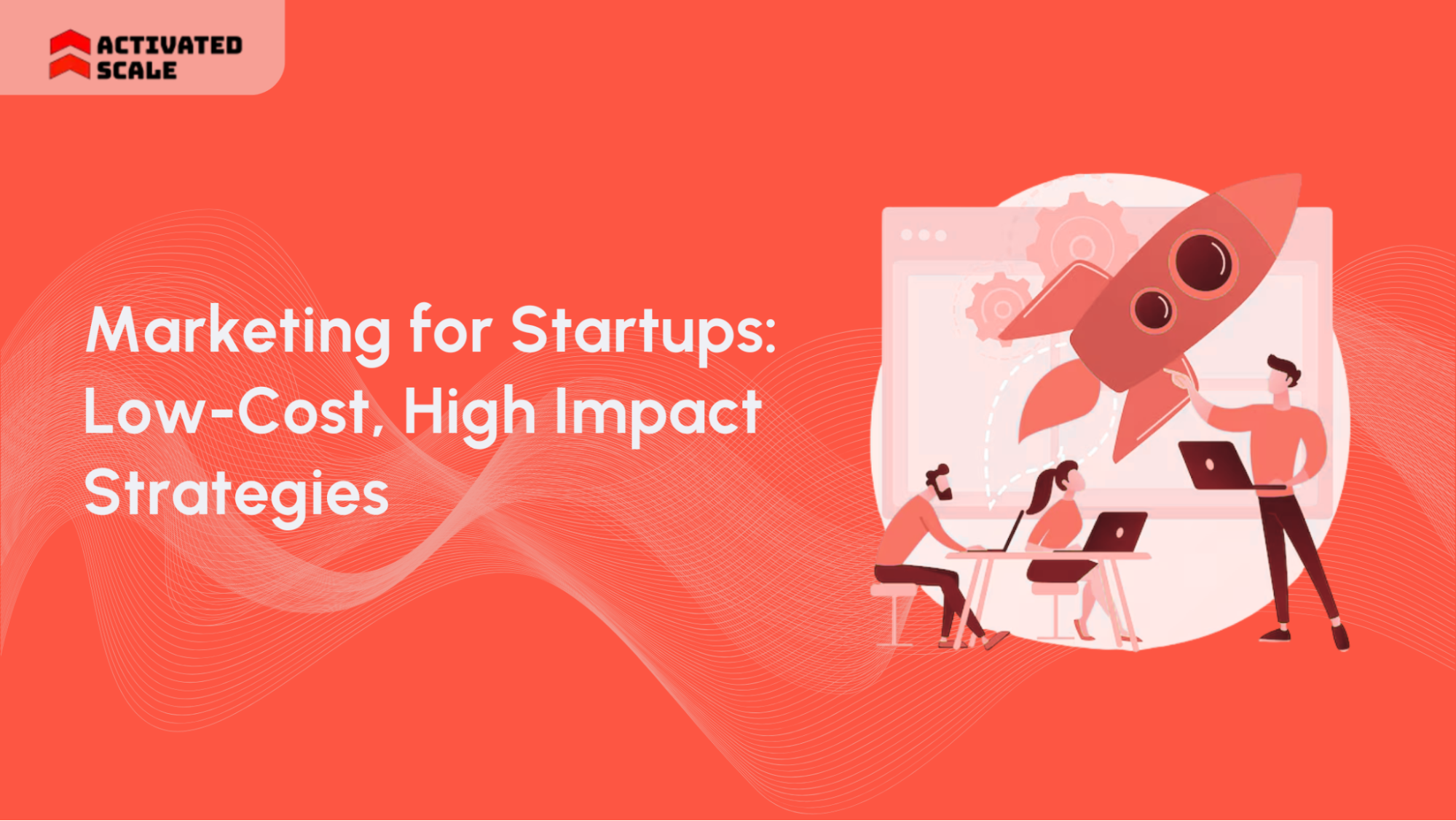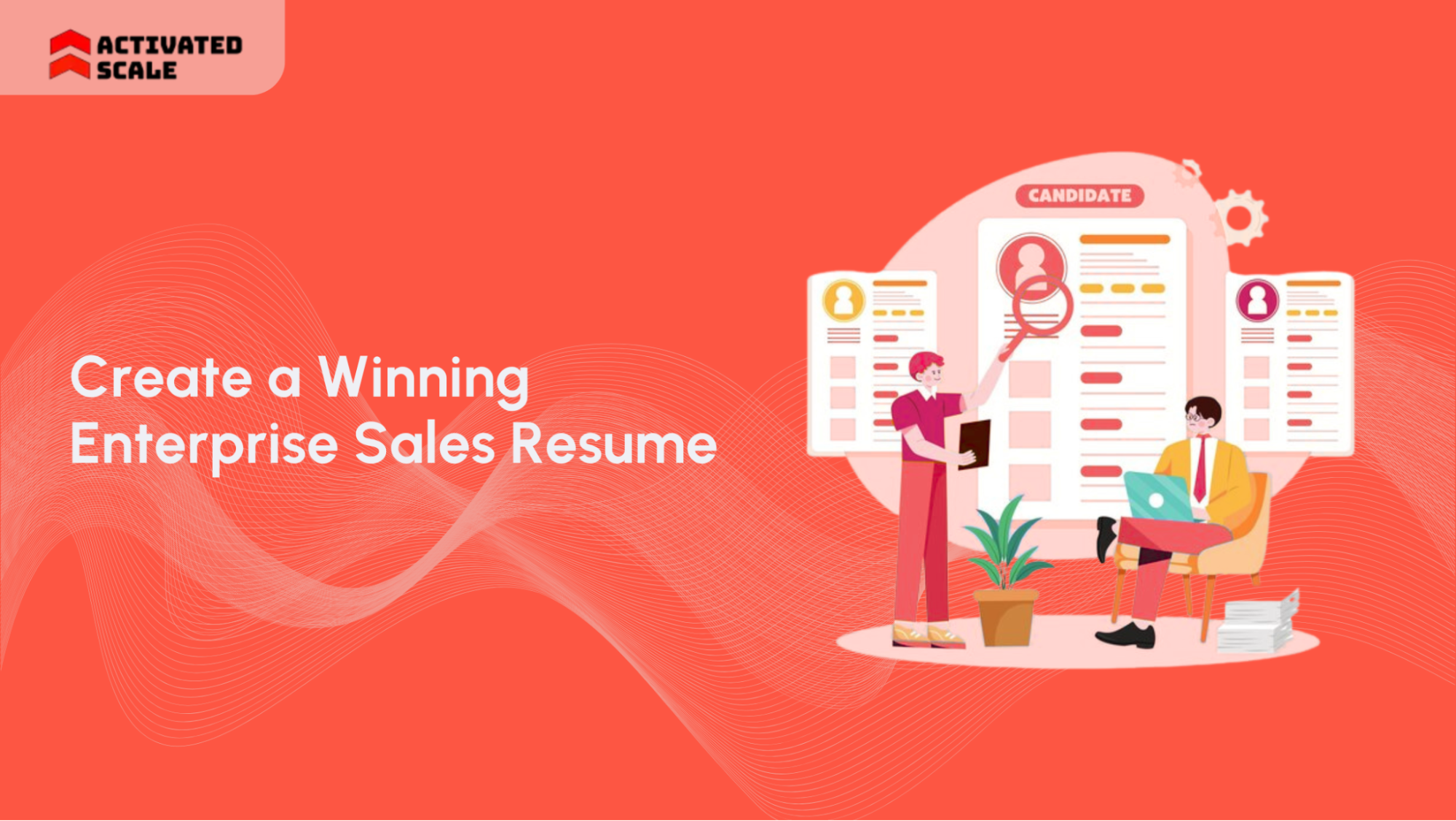"You miss 100% of the shots you don't take." — Wayne Gretzky. In big ticket sales, bold moves lead to big rewards. Whether you're a salesperson aiming to close high-value deals or a business aiming for high-impact revenue, mastering these strategies can help you earn more with fewer clients. Selling premium products is about understanding customer needs and providing extraordinary value. In this blog, we’ll dive into proven strategies to help you excel in the world of big ticket sales.
What Are Big Ticket Sales?
Big ticket sales involve selling high-value products or services, usually priced above $1,000. These are the kind of sales that require a different approach compared to regular transactions. It’s about creating a connection with your client and offering them something truly valuable.
Think luxury cars, high-end real estate, or enterprise-level software solutions. For example, you are selling a luxury car. You won’t stop showcasing only its features, but you will try to understand the buyer’s lifestyle and emotions, building trust, and offering them an experience.
According to a discussion on Reddit, sales professionals in sectors like payment processing have closed deals ranging from $6,000 to over $50,000 per transaction, highlighting the potential of big ticket sales.
Why Big Ticket Sales Work?
Big ticket sales work because they cater to clients looking for more than just a product. They’re seeking solutions that will significantly impact their lives or businesses. The key to success in this space is the perceived value of the product. When a client sees the high value in what you’re offering, they’re more likely to make a substantial investment. An expert, Daniel Pink, said, “Sales is not about manipulating, it's about understanding and influencing.” Big ticket sales allow businesses to start with high-value transactions, which can lead to long-term growth and success.
First, these sales often come with higher profit margins. Even if you’re closing fewer deals, the higher price point makes up for it. Second, big ticket items typically require a longer sales cycle, which allows for a deeper relationship with the client. This customer relationship-building is what turns one-time buyers into repeat customers.
Finally, big ticket sales usually come with a stronger sense of urgency. Clients want to invest in products or services that will offer them lasting value, which drives faster decisions.
Difference Between Big Ticket Sales and Big Ticket Items
When it comes to big ticket sales, the approach and mindset required for selling are distinct from those of selling typical, lower-priced products. It's crucial to understand that big ticket items also differ from big ticket sales. Let’s understand how:
Big Ticket Items:
- High-value products or services.
- Examples: Luxury cars, high-end real estate, advanced tech products.
Big Ticket Sales:
- Focuses on the sales techniques used to sell big ticket items.
- Involves more relationship-building, consultative selling, and longer sales cycles.
- Requires a different mindset, prioritizing value over price.
The strategy for big ticket sales is much more comprehensive and consultative than for regular sales. Sellers need to understand customer pain points deeply and tailor solutions that justify the premium price.
To improve your big ticket sales processes, services like contract-to-hire from Activated Scale can help you establish the right team and strategy to close larger deals successfully.
Step-by-Step Guide to Big Ticket Sales Strategy

Selling big ticket items is a unique challenge that requires a carefully structured approach. Unlike regular sales, big ticket sales demand building trust, understanding customer psychology, and crafting an offer that speaks directly to the buyer’s needs. Below is a step-by-step guide to the strategies involved in making successful big ticket sales:
1. Understanding Customer Psychology
The psychology of big ticket buyers is complex. You need to understand that these customers are investing in a solution that promises significant value. This purchase can be a source of anxiety due to the high amount of money involved, so psychological comfort plays a crucial role.
Nearly 92% of B2B buyers are more inclined to make a purchase after reading a reliable review. So, the perception of value is critical. You need to frame your offerings as investments rather than purchases. The key to success in this stage is trust-building.
Crafting customer personas based on demographic, psychographic, and behavioral data helps you target the right buyers.
- Demographics: Information such as age, location, income, and occupation.
- Psychographics: Insights into values, interests, and lifestyle preferences.
- Behavioral Insights: Purchasing habits, challenges, and buying triggers.
Understanding their pain points, needs, and desires allows you to craft messages that resonate and increase the chances of closing the deal.
2. Crafting Effective Offers
Creating an offer that appeals to your ideal customer is crucial. This is where the concept of exclusivity comes into play. By positioning your product or service as a premium offering, you create an image of value and scarcity that makes it more attractive.
Aberdeen research shows that marketers who utilize buyer personas and tailor their content to the buyer's journey experience a 73% higher conversion rate (20% compared to 12%) from initial response to becoming a marketing qualified lead (MQL), compared to companies that do not adopt this strategy. That’s why a well-crafted offer should include a clear, unique value proposition (UVP).
This statement should articulate why your offering is better than others in the market and how it directly solves the customer’s problem. Additionally, adding urgency (limited-time offers or exclusive packages) can drive quicker decision-making.
3. Strategic Pricing
When it comes to pricing big ticket items, the strategy is more about value than cost. The price comes next. It should reflect the perceived value of the product or service. Instead of just covering costs and marking up for profit, set a price that aligns with the customer’s expectation of quality and exclusivity.
Understanding your competitors’ pricing is also critical. However, pricing should not solely be based on market averages. Focus on communicating the superior value your product or service brings to justify its premium price tag.
4. Relationship Building
Sales don’t end once a big ticket item is sold. Building long-lasting relationships with clients is a key strategy for maintaining loyalty and encouraging referrals. Successful big ticket sales professionals engage with their customers long after the sale has been made.
Regular follow-ups, personalized communication, and checking in on client satisfaction are essential for relationship-building. A good salesperson nurtures these relationships by showing clients that their needs and concerns are still a priority.
5. Closing the Sale
Closing a big ticket sale can be challenging, especially when the customer is hesitant due to the high price. Overcoming objections is a natural part of the process. When addressing concerns, listen actively and provide detailed responses that reassure the buyer about the value and benefits of the purchase.
Effective closing techniques include the assumptive close, where the salesperson assumes the buyer is ready to make a decision, or the trial close, where the salesperson asks questions to gauge the customer’s readiness to commit.
6. Post-Sale
Once the sale is closed, exceptional customer service is vital to ensuring long-term success. The post-sale phase is where many businesses either excel or fail. Ensuring a smooth onboarding process, offering additional support, and following up with customers to ensure satisfaction can lead to repeat business and referrals.
Also Read: Understanding B2B Appointment Setting and Lead Generation
How Much Can You Make via Big Ticket Sales?
High ticket sales present a significant earning potential. Whether you're in a business-to-consumer (B2C) or business-to-business (B2B) model, the rewards of successfully closing big ticket deals can be substantial.
- Potential Earnings: With high-ticket sales, commissions can range from five to six figures per transaction, depending on the industry. For example, selling luxury real estate, high-end software solutions, or specialized consulting services can result in commissions ranging anywhere from $5,000 to $100,000 or more.
These figures may vary, but the potential for high returns is undeniable when closing a single big ticket sale. With fewer customers needed to hit sales targets, each deal can result in a significant income boost.
- Scalability: The scalability of high-ticket sales is one of its key advantages. Once you've refined your sales strategy, you can replicate it and build a sales funnel that attracts high-value clients. This means that you can scale your sales efforts without necessarily needing to hire an army of salespeople.
A well-defined lead generation system, coupled with strong relationship-building strategies, allows businesses to continuously bring in large deals. Scaling also involves delegating tasks, using automation tools, and leveraging partnerships, all of which can significantly increase your revenue potential.
Affiliate Sales vs. Your Own
When it comes to high-ticket sales, one critical decision revolves around whether to sell other people’s products (affiliate sales) or your own. Let’s understand the pros and cons of both approaches:
- Affiliate Sales: Selling other brands' products allows you to earn commissions without the overhead of production, inventory, or customer support. As an affiliate marketer or salesperson, you can promote a variety of products, earning anywhere from 10% to 50% commission per sale.
For example, if you’re selling a $10,000 software package and earning a 25% commission, you make $2,500 per sale. While the commission can be substantial, you are still limited to the product's margin and have less control over the entire process.
- Selling Your Own Products: Selling your own high-ticket products offers more control, higher profits, and the ability to scale faster. When you sell your own products, you can set the pricing and retain the full profit margin. You’re also in charge of your brand’s reputation and customer relationships.
While the upfront costs may be higher for creating or sourcing the product, your profit margins can be significantly better than affiliate sales. Plus, you can diversify your offerings, set higher prices, and control the customer experience, giving you more freedom to build long-term business growth.
Choosing between these two paths depends on your business goals. Affiliate sales are great for entrepreneurs looking to start with minimal investment, while selling your own products gives you complete ownership over your revenue and brand.
Read more: Techniques to Boost B2B Sales Leads Generation
Can High-Ticket Sales Be a Side Hustle?
The idea of turning high-ticket sales into a side hustle is becoming increasingly popular, especially with the rise of digital tools and platforms that allow for flexible working hours. For many, high-ticket sales offer an opportunity to earn substantial commissions while maintaining a full-time job or running other businesses. Let’s explore how high-ticket sales can be a side hustle and their potential for scaling into a full-time career.
- Flexibility: One of the greatest advantages of high-ticket sales is the ability to work on your terms. Many people in high-ticket sales can manage their efforts around their regular jobs. With remote work options, online tools for client engagement, and digital marketing channels, you can make time for client calls, emails, and follow-ups during evenings or weekends.
Plus, the nature of high-ticket sales often means you spend more time on fewer, high-value prospects, which means you don’t need to dedicate a significant amount of time to each deal. This makes it an ideal side hustle for those looking to supplement their income without committing to a full-time job.
- Earnings Potential: High-ticket sales are known for their substantial commissions, and this can translate into a strong side hustle. For instance, if you sell just one product with a $10,000 price tag and earn a 10% commission, that’s $1,000 from a single sale.
If you close a few sales per month, you can generate a considerable income. Many side hustlers start with just one or two deals a month and gradually build up to a full-time income. With the right strategy, it’s possible to transition from part-time to full-time as your earnings grow and your client base expands.
Over time, you can scale up your efforts, delegate tasks, and even build a business around your high-ticket sales skills. For those with entrepreneurial aspirations, the flexibility and profitability of high-ticket sales can serve as a stepping stone to a full-time career, all while you continue working your day job.
Conclusion
High-ticket sales strategies are not just for seasoned sales professionals or large enterprises—they can be a game-changer for anyone looking to scale their income. Whether you’re seeking to make a significant impact with fewer customers or you’re looking to turn it into a lucrative side hustle, the potential rewards are immense.
If you're ready to implement a successful sales strategy, Activated Scale can help you find your dream job. Become a Big Ticket Sales Talent with Activated Scale to take your business to the next level, today !
The Ultimate Guide to Hiring a Salesperson!
Get the step-by-step guide to hiring, onboarding, and ensuring success!
_edi.png)




